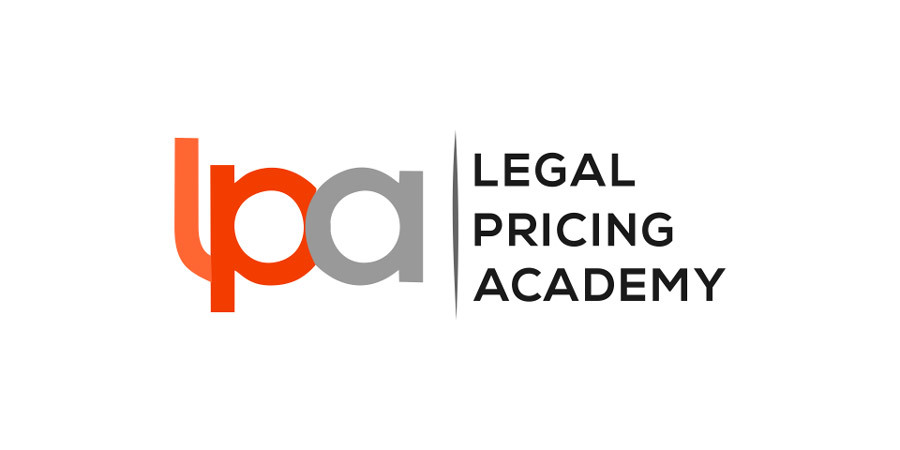Most lawyers make the mistake of interpreting price objections as problematic and potentially damaging to profits and reputation. However, the absence of price objections is actually indicative of a poor pricing strategy.
Most lawyers make the mistake of interpreting price objections as problematic and potentially damaging to profits. However, the absence of price objections is actually indicative of a poor pricing strategy.
If no one ever objects to your price, many of your clients would probably pay considerably more. Let's say hypothetically that across the board, you are charging 10% less than what your clients would be happy to pay. If the firm operates on a 30% of turnover profit margin, then even a 10% increase in your pricing structure will produce a 33% increase in net profit since the whole of the 10% goes to the bottom line.
Pricing objections provide great insight into what clients care about. They are learning opportunities. You also get the opportunity to test your messaging for why your price represents a good investment. No objections, no learning opportunities.
Client objections can generally be classified into one of the following four categories:
-
The client was never a good fit. These are the clients who not only hope to get a bottle of champagne for the price of a bottle of beer, they actually expect it, and are generally vocal when they don't get it. You should suggest that they go elsewhere.
-
The client is a good fit for your firm, but they have understandable if not necessarily rational reasons for wanting a cheaper price. They are good people, are deserving of your help but they need their expectations realigned. Explore ways in which they can help keep the cost down by doing some of the work themselves or opting for a less elaborate and expensive solution to their legal issues. They may also be worthy of a cheaper price for legitimate strategic reasons such as a willingness to pay upfront, flexible scheduling, volume purchases or other behaviours that create shared value between the client and the firm.
-
The client is a great fit but simply wants to see if they can get a better deal. As the saying goes, ‘if you don't ask, you don't get’. Many lawyers tend to make the mistake of thinking that the particular engagement or indeed the whole relationship with the client is in jeopardy if they don't immediately capitulate on price. There are two answers. Either ‘no’, or ‘we will look at that; what are you offering to justify a discount below what all our other clients pay for the same work?’
-
The client may be a good fit, but they are using price as a mask for deeper issues. If you suspect that this is the case, test them. ‘Let's say we agree on a price that you are happy with, are you ready to commit to the work now?’ An affirmative answer means you know what you're working with. ‘If the response is, I need to run it past my wife/board/IT department etc’, a different line of questioning is required as there may be something else going on. If you don't dig deeper, all you will end up doing is making pricing concessions when price is not the real issue. However, by the time you figure out what the actual problem is you have already probably made a healthy pricing concession from which you can no longer resile.
Critically, don't assume that all clients fit into #2 and will respond favourably to lower prices. This just becomes a self-fulfilling prophecy and teaches your clients in #3 and #4 to act like they need more discounts. If it worked the first time, why wouldn't they try it again?
What are the explanations for a lack of price objection? Either:
(a) you priced the offering at exactly the optimum price for that client, or
(b) you underpriced it
You will never know the difference unless you have the courage to engage proactively in upfront pricing discussions with clients in an attempt to develop a deeper understanding of their perception of where the value proposition lies.
Most lawyers make the mistake of interpreting price objections as problematic and potentially damaging to profits. However, the absence of price objections is actually indicative of a poor pricing strategy.

